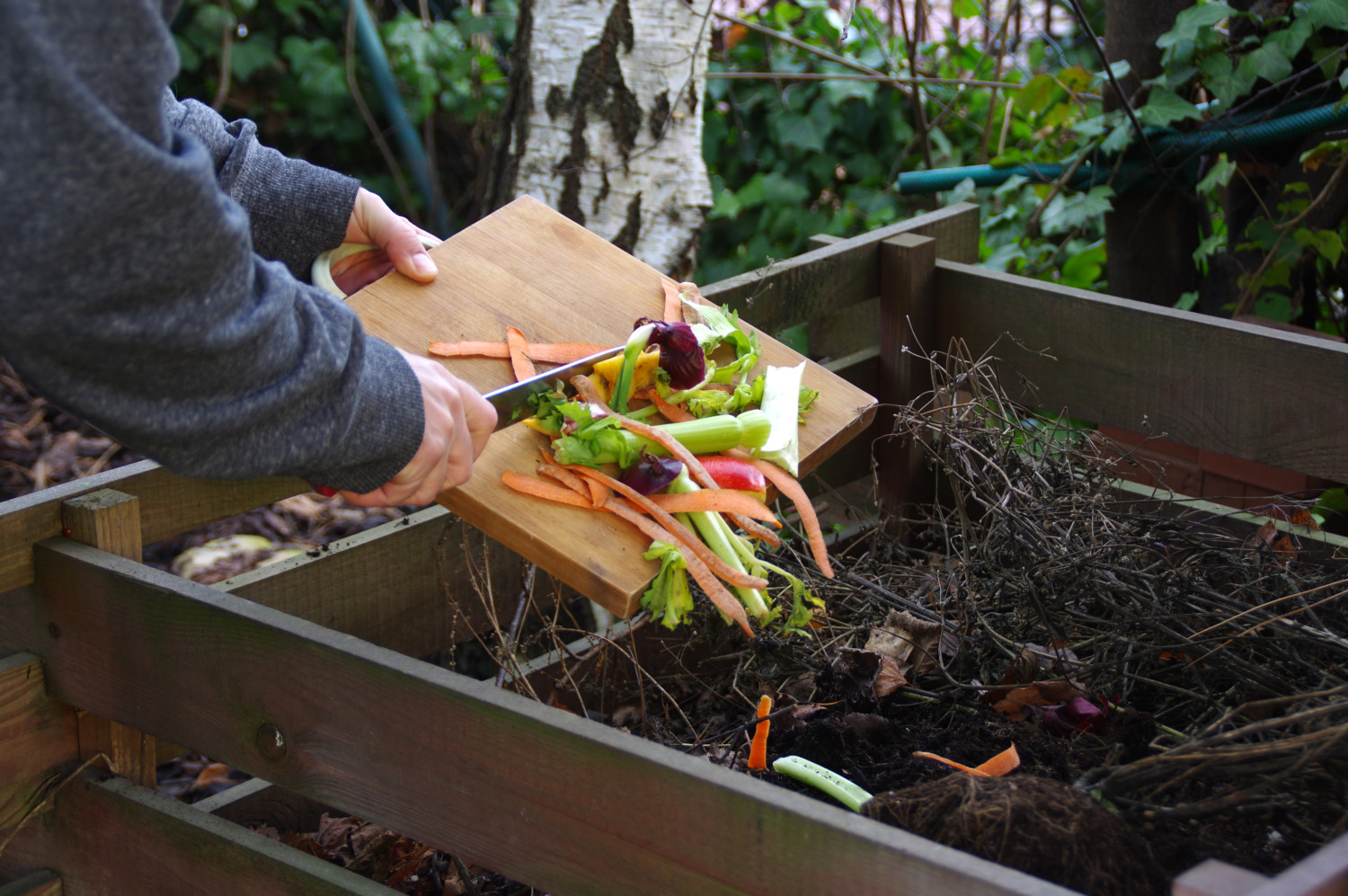Vermont’s state fruit is the apple, but as of July 1, any Vermonters who toss the cores or peels of their beloved apples into the garbage will technically be breaking the law. The state recently implemented a law banning food waste in landfills, meaning that all Vermont residents are required to bring their leftover kitchen scraps — which include uneaten food and inedible items like egg shells, pits, peels, etc. — to a professional compost facility or compost the food waste themselves.
For over a decade, state officials have aimed to divert 50% of Vermont’s waste to facilities where it can be composted, reused or recycled. To date, however, the best they’ve been able to achieve is 36%.
“The only way you can really bring that down is by focusing on the food waste issue,” Josh Kelly, materials management section chief with the Vermont Agency of Natural Resources, told Fast Company.

When food waste is left in a landfill, it rots and produces methane, a damaging greenhouse gas that the Environmental Protection Agency has found to be 25 times more powerful than carbon dioxide in heating up the planet.
When food waste is composted instead of dumped into a landfill, it can be used as fertilizer in gardens and farmland.
Although Vermont state officials are serious about the new law, called the Food Scrap Ban, they won’t be monitoring anyone’s home to make sure residents are complying with it. Basically, everyone is relying on the honor system to make the ban work.
As Kelly explained to Fast Company, state officials are asking residents to comply voluntarily, with the expectation that most Vermonters will do so, as many state residents seem to take environmentalism seriously.

Even prior to this move from state lawmakers, Vermont was doing well with composting. According to one study from the University of Vermont, 72% of Vermonters were already composting or feeding food scraps to their livestock or pets before the Food Scrap Ban went into place.
Ideally, this ban will kick all of these efforts into hyperdrive. State officials have earmarked about $970,000 in grants for compost facilities so they can build or buy equipment and expand food scrap pick-up or drop-off services. Even if not every town in Vermont has curbside composting collection, nearly every town in the state has a food scrap drop-off station within 10 miles.
Hopefully, Vermont will serve as a model for other states looking to successfully reduce the amount of food waste ending up in landfills!
This story originally appeared on Simplemost. Checkout Simplemost for additional stories.


